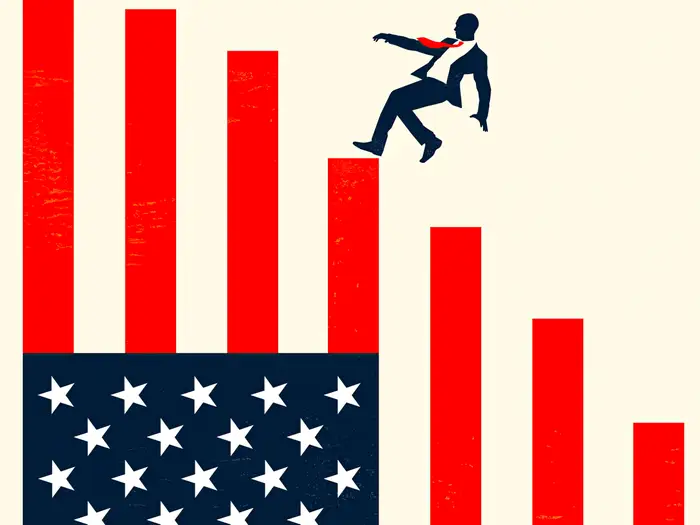JPMorgan is boosting its junior-banker ranks

A much-anticipated investment-banking rebound has yet to fully materialize — but that’s not stopping America’s biggest bank from staffing up.
JPMorgan Chase is in the midst of an off-cycle hiring spree for junior investment bankers, according to people familiar with the bank’s recruitment efforts and its online jobs board. The ramp-up comes on the heels of new parameters the bank rolled out to protect its analysts and associates from burnout as well as a big jump in the bank’s dealmaking fees.
JPMorgan has posted about 9 new roles for investment-banking analysts and associates on its website in the last two weeks alone, seeking talent for teams that advise on mergers and acquisitions for financial institutions and healthcare companies, as well as its equity-capital-markets division, which advises on IPOs.
A person who was recently asked to recommend talent to the bank said the firm is also aggressively ramping up junior-banker hiring on its M&A team, which works together with sector experts on mergers and acquisitions. This person requested anonymity to protect their relationships within the bank.
An industry headhunter told B-17 that online job postings tend to offer a limited view of investment-banking hiring because Wall Street does a lot of its recruiting through internal referrals and via internal and external headhunters. Indeed, JPMorgan’s careers page also recently posted two positions for internal investment-banking recruiters, presumably to help hire more bankers.
A JPMorgan executive familiar with the firm’s hiring efforts said the ramp-up is the result of overall growth and deal flow — not the bank’s new policies to protect junior bankers from burnout. Indeed, Wall Street dealmakers just had one of their brightest quarters in three years, and JPMorgan was a big benefactor with investment-banking fees shooting up 31% in the third quarter over last year.
The executive also said the bank has been hiring across all levels of investment banking this year. JPMorgan’s website shows posts for two vice presidents on the M&A team, among other more senior investment-banking jobs.
What makes the hiring unusual is its “off-cycle” timing. The pipeline for early-career investment bankers is highly structured and systematic. Banks get a new crop of first-year analysts every summer, usually in July. To get that job, however, usually requires snagging a summer internship with one’s future investment-bank employer, a process that often starts in the sophomore year of college. The pipeline for associates is similarly regimented, consisting mainly of former analysts who were promoted or via direct MBA hires. Off-season hiring from other banks is not unheard of, but it tends to be limited.
As B-17 previously reported, JPMorgan recently said it would cap junior bankers’ weekly work hours to 80 per week, with key exceptions. It also created a new HR role specifically to oversee the “well-being” of junior bankers.
Hundred-hour workweeks have become ubiquitous in the high-pressure industry, and there’s been a renewed outcry over the working conditions of junior bankers following the death of an associate at Bank of America in May.
That same month, JPMorgan’s CEO Jamie Dimon said the bank’s executives were assessing news of the death and asking, “what can we learn from it?” JPMorgan’s new policies, which mark the boldest yet by a bulge-bracket bank to mitigate concerns about the industry’s grueling work culture, were first reported by the WSJ about a month later.
The hiring follows a yearslong lull in dealmaking that made investment-banking jobs even more competitive than usual. The first six months of 2024 were “painstakingly slow” in bank hiring, said the investment-banking-industry headhunter, who asked the remain anonymous because he wasn’t authorized to speak to the media. In the last month or two, however, he has seen a big increase in clients looking to hire bankers.
“The lateral recruiting market in Q4 is typically one of the slowest,” said the recruiter. “But firms are capitalizing on the uptick in deal activity.”






